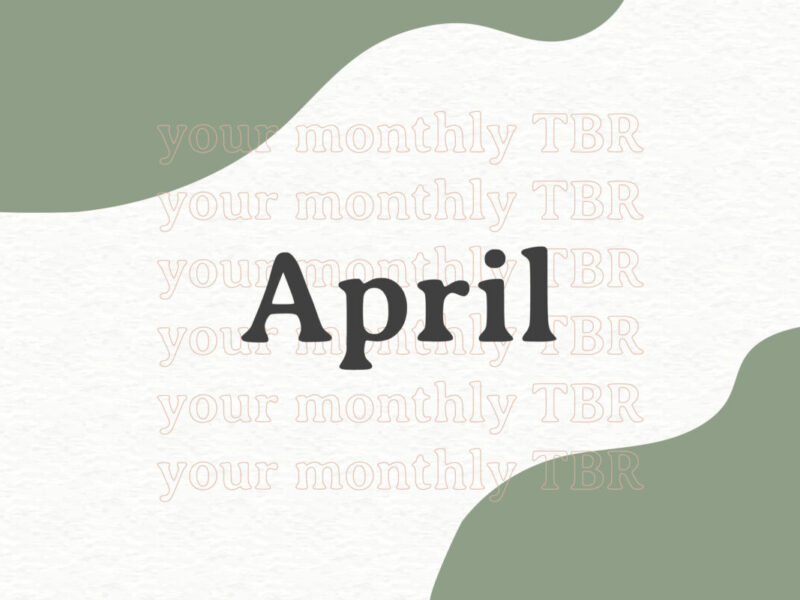6 Smart Strategies for Reading Poetry As a Writer
Your relationship to reading has probably shifted since you started writing poetry. Maybe you have a stronger appreciation for the collections on your shelf now that you know how long it can take to write, revise, and submit a manuscript. Maybe you actually read the acknowledgments now to get an idea of what journals and magazines might publish similar poetry.
And on the opposite end of the spectrum, maybe you have newfound anxieties while reading as a writer—like how to learn from someone’s voice rather than imitating it and how to differentiate yourself in the literary world. Reading as a writer is different than simply reading for enjoyment or relaxation, but it can be even more fulfilling and inspiring. Here are some suggestions for reading poetry in a way that fuels your own poetic process.
1. Read to understand literary traditions and movements.
Developing a deep appreciation for poetry’s history and legacy can only enhance your craft. Though today’s amazing poetry has garnered millions of new readers, it’s also important to peer into the past. Consider picking up titles associated with movements like beat poetry, The New York School, the Harlem Renaissance, and more. Educating yourself on poetry’s enduring and remarkable history can help you understand your place within it.
2. Read to study how poems are made.
Poets don’t just write poems—they build and construct them. The more poetry you read, the more you’ll gain an understanding of the genre’s numerous, ever-evolving forms. By reading, you can familiarize yourself with classic forms like sonnets and villanelles, as well as more innovative, modern forms like the duplex and golden shovel. Beyond just form, poetry’s structure also applies to line breaks, how to use white space on the page, and how poems begin and end. Great poets also incorporate emotional and tonal shifts into their poetry, creating a rich, multifaceted experience for the reader.
3. Read to enhance your vocabulary.
Word choice is probably one of the things you think about most within your writing life. Committing to a regular poetry reading practice can help. One effective writing exercise is to jot down interesting, unexpected, or new-to-you words as you read, then try to use them in a later poem. This can help you use different kinds of language. If you usually write about pop culture, for example, consider picking up a poetry collection rooted in science. If you’re used to reading poetry by English and American writers, change it up by picking up a translation.
4. Read with sound and rhythm in mind.
Alliteration, assonance, consonance—if you’ve been writing poetry for a while, you might understand those terms academically, but reading can help you see how other writers put them into action. Try reading poetry aloud to gain an understanding of sound play. If you’re currently versed only in exact rhyme, for example, reading more poetry can introduce you to concepts like slant rhyme and internal rhyme, which can add a sonic dimension to your poetry and surprise readers.
5. Read to put yourself in the mindset of an audience.
Obviously, our poems make sense to us—we have an understanding of our inspiration, where we were when we wrote the poem, and how we moved through the writing process. A reader, however, doesn’t come to a poem or collection with that same context or inside knowledge. If you’re planning on publishing your poetry, you’ll need to make sure readers can approach its narrative and themes. As you read poetry, try to keep track of how the writer clued you in to what was happening in the poem and who served as the poem’s speaker, as well as any moments that might have confused you or taken you out of the poem’s setting.
6. Read to appreciate that poems can come from anywhere.
Oftentimes, new poets can stress themselves out trying to come up with a lofty or wholly original idea for a poem—but poetry rarely works this way. It’s worth noting that the most beloved poems throughout literary history touch on universal themes and often find significance in seemingly mundane or ordinary settings. Just think about Robert Frost’s writing about walking through the snowy woods, or Emily Dickinson’s poems about the everyday creaks and strange sounds heard throughout her house. Reading more poetry can teach you how to endow daily life with meaning and help you be present enough to recognize it.
Next time you’re about to write, warm up by reading first and with these tips in mind. We hope it’s a game-changer!




